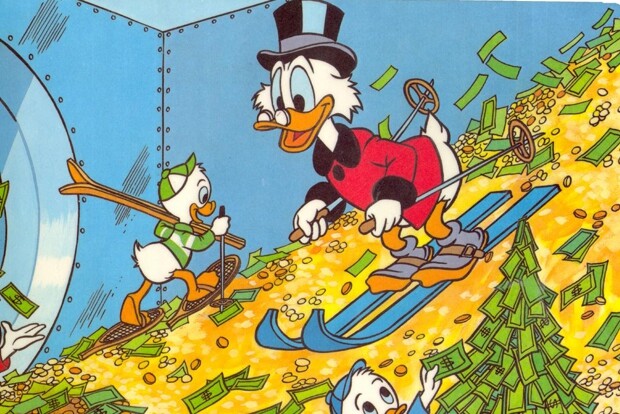The Debate Over Who Owns the Bookmakers: Exploring the Relevant Considerations and Controversy
A bookmaker is a gambling establishment that accepts, holds, and pays off bets on sporting events and other contests. In recent years, there has been an ongoing debate in many countries over the ownership of bookmakers. On the one hand, some argue that bookmakers should remain privately owned, while others contend that it would be better to have them owned by either the government or large corporations. There are, of course, pros and cons to each of these arguments and positions. In this article, we take a closer look at the key considerations and the controversy behind who owns the bookmakers.

First of all, there are those who believe that bookmakers should remain in private ownership. This argument is based on the belief that in this way, the industry can remain competitive and can be monitored properly. There are those who argue that private ownership allows for the regulation of the industry to remain under the control of an independent body, which can help to ensure that the standards of fair play and safety are maintained. Additionally, privatization also ensures that a company is not running an “unregulated monopoly.” Proponents of private ownership also argue that profits and revenues remain in the hands of the bookmakers, meaning that they can reinvest them into the running of their company and, ultimately, into the growth of the industry.
On the other side of the argument, those in favor of either government or corporate ownership of bookmakers contend that it would lead to greater transparency and accountability. Government ownership, for example, would ensure that the industry was better regulated and ensure that standards needed to be met by the bookmakers. Furthermore, government ownership could also ensure that taxes and other requirements are met, while also allowing money to be transferred away from the private owners and into the public coffers.
Similarly, corporate ownership could bring greater transparency and accountability to the industry, as well as greater investment in technology. Corporate bookmakers would also be more likely to invest in the sport and generate more opportunities for the athletes and related personnel, while also promoting safety and fair play in the industry. Additionally, corporate bookmakers could provide a wide range of betting and gaming products, which could lead to a more competitive marketplace and, potentially, to better odds for the punters.
Regardless of one’s opinion, it is clear that the debate over who owns the bookmakers is an important one. It is a debate that is likely to go on for some time, as both sides of the argument have valid points to make and counter-arguments to consider. Ultimately, it is up to each country to decide how best to regulate the industry and who should own the bookmakers. As such, the debate over who owns the bookmakers is likely to remain an ongoing one for some time to come.